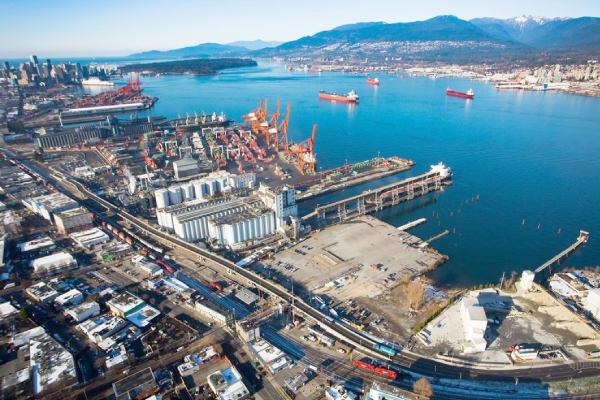
Canada’s west coast ports, including Vancouver and Prince Rupert, faced significant disruptions as dock foremen were locked out by the British Columbia Maritime Employers Association (BCMEA). The lockout began late Monday after the International Longshore and Warehouse Union (ILWU) Local 514 issued a 72-hour strike notice and began limited strike actions earlier in the day. The BCMEA justified the move as necessary to “facilitate a safe and orderly wind-down of operations” due to the unpredictable nature of strike action. While grain and cruise operations remain unaffected, the lockout impacts most cargo activities at these ports.
According to the Greater Vancouver Board of Trade, the West Coast ports handle an estimated $576 million in daily trade. Alberta Premier Danielle Smith and Transportation Minister Devin Dreeshen have called on the federal government to intervene and use binding arbitration in future disputes.
“Alberta is a landlocked province that relies on the safe, dependable movement of goods to and from west coast ports. A prolonged work stoppage will disrupt the movement of these products, backlog other transportation networks such as rail and trucking, and damage the economies of Alberta and Canada,” they said.
Labor Minister Steven MacKinnon emphasized the role of mediators on site to assist the parties, saying, “Businesses, workers, and farmers are counting on them to get a deal.” This labor conflict echoes the 13-day strike in July 2023 that delayed $7.7 billion worth of goods and significantly impacted Canada’s economy.
Adding to Canada’s supply chain strain, an indefinite strike at the Port of Montreal, led by CUPE Local 375, has disrupted operations at the Viau and Maisonneuve terminals since November 1, impacting about 40% of container handling. The Maritime Employers Association responded by suspending salary guarantees for non-working longshore workers to manage financial strain.